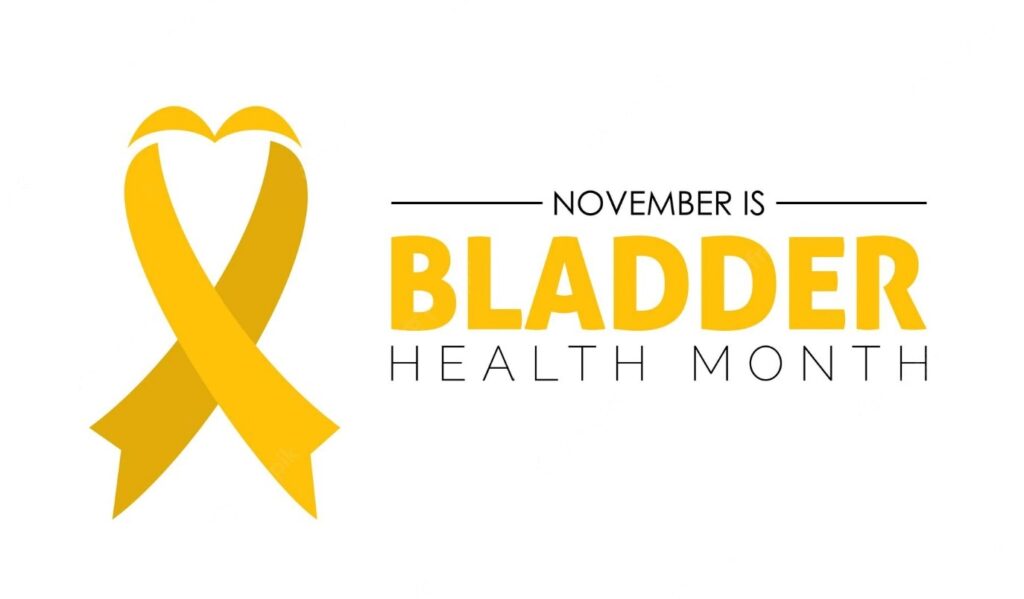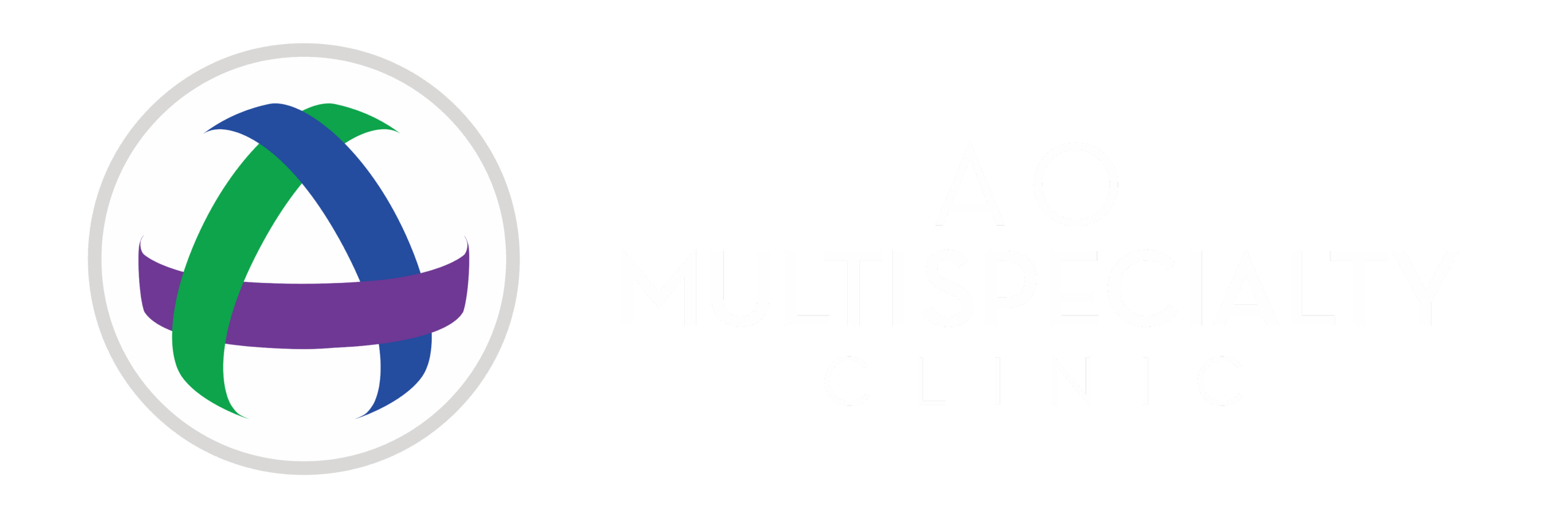 As we age, it’s important to be mindful of good bladder health. The following guidelines can help increase or maintain urine control and pelvic health.
As we age, it’s important to be mindful of good bladder health. The following guidelines can help increase or maintain urine control and pelvic health.
Hydrate
Drink fluids on a regular schedule. An intake of about six to eight 8-ounce glasses of total fluid per day is recommended. (And ideally, of course, that fluid should be water!) Both too much and too little fluid intake can increase bladder problems, so aim for about 40 to 64 ounces each day.
Avoid Problematic Food & Drinks
Some foods and drinks are known to increase bladder irritation. If you have bladder problems, it’s especially important to avoid caffeine. This includes coffee, tea, soda, chocolate, and even some medicines. It’s also a good idea to avoid artificial sweeteners such as aspartame and saccharin, acids (such as those in citrus fruits and tomatoes), alcohol, and very spicy foods.
Urinate Frequently
A planned schedule for urinating, such as every two hours during the day, may work better than waiting until you feel you have to go. This is especially true if you have trouble getting to the bathroom due to arthritis or back pain or if you need to use a cane or walker. Exercises to help balance and strengthen may also help with bladder control.
When you go, be sure to sit and relax in order to pass urine. If you feel your bladder isn’t emptying well, double voiding may help: stand after you urinate, and sit again to go a second time. But take care not to strain or push to empty your bladder!
Reduce Pelvic Pressure
It’s important to decrease pressure on the pelvis. Be sure to seek treatment if you have a persistent cough, repeated sneezing, or constipation that lasts longer than a few weeks, as these all can place unnecessary strain on the pelvic region. It’s also a good idea to maintain a healthy weight using exercise and a healthy diet. And of course, don’t smoke!





